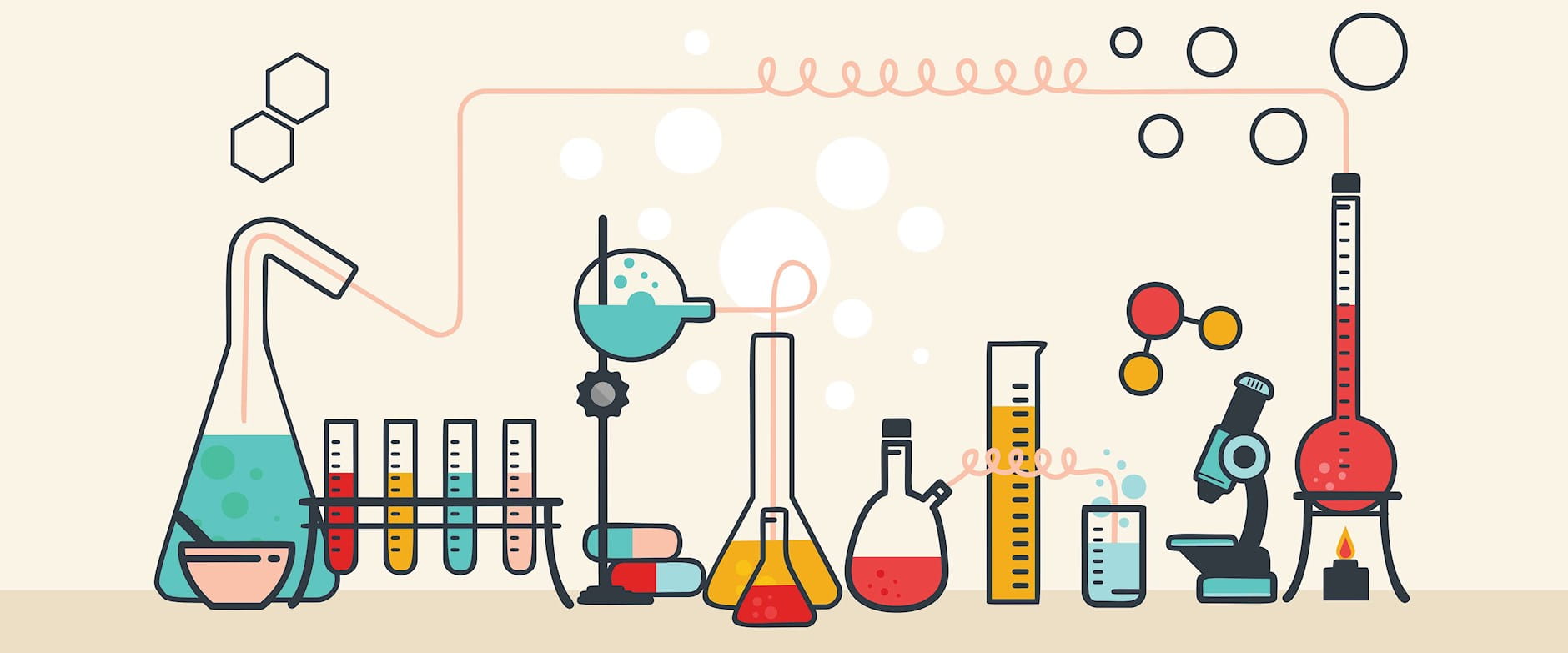The astonishingly rapid development of successful COVID-19 vaccines grew partly out of a clinical failure seven years earlier of a promising HIV vaccine. When COVID came along, Moderna and Pfizer-BioNTech pursued follow-on research to produce their highly effective inoculations.
That’s just one example of how failure isn’t always pointless in research and development. Even unsuccessful drug R&D can have indirect value, according to Chicago Booth’s Alexander P. Frankel, Harvard’s Joshua L. Krieger, MIT’s Danielle Li, and Northwestern’s Dimitris Papanikolaou. They constructed a model to analyze the value of learning that spills over from R&D, showing how ignoring its potential could hobble the development of innovative new treatments.
In drug development, the stakes are unusually high. A breakthrough can be a gold mine, as the mean expected value of an approved drug is $1.63 billion. But the average cost of creating a new drug is $1.4 billion, and more than 90 percent of drugs that enter clinical trials never make it to market.
In new-drug R&D, drugmakers must choose whether to “explore or exploit,” the researchers write. Pharmaceutical companies can try to exploit what they already know, pursuing incremental advances on existing treatments. Or they can explore novel drugs. The potential success of a drug candidate can be evaluated with greater confidence when the advance is only incremental, but completely novel drugs have the highest potential for insights that might lead to something like the mRNA COVID shots, the researchers find. Even if a novel drug never makes it to market, the research can lead to future drugs that do.
The researchers collected a sample of drug candidates from Clarivate Analytics’ Cortellis Investigational Drugs database and tracked revenue generated by approved new drugs using data from Evaluate Pharma, a provider of drug sales information. They used their two-step model to calculate the value of knowledge spillovers from exploratory research.
In the first step, the model estimated the benefits of developing incremental versus novel drugs. It predicted that once incremental drugs have begun development, they are more likely to proceed at every stage. This is largely because of the initial informational advantage. Companies can quickly screen out candidates that appear unlikely to succeed.

